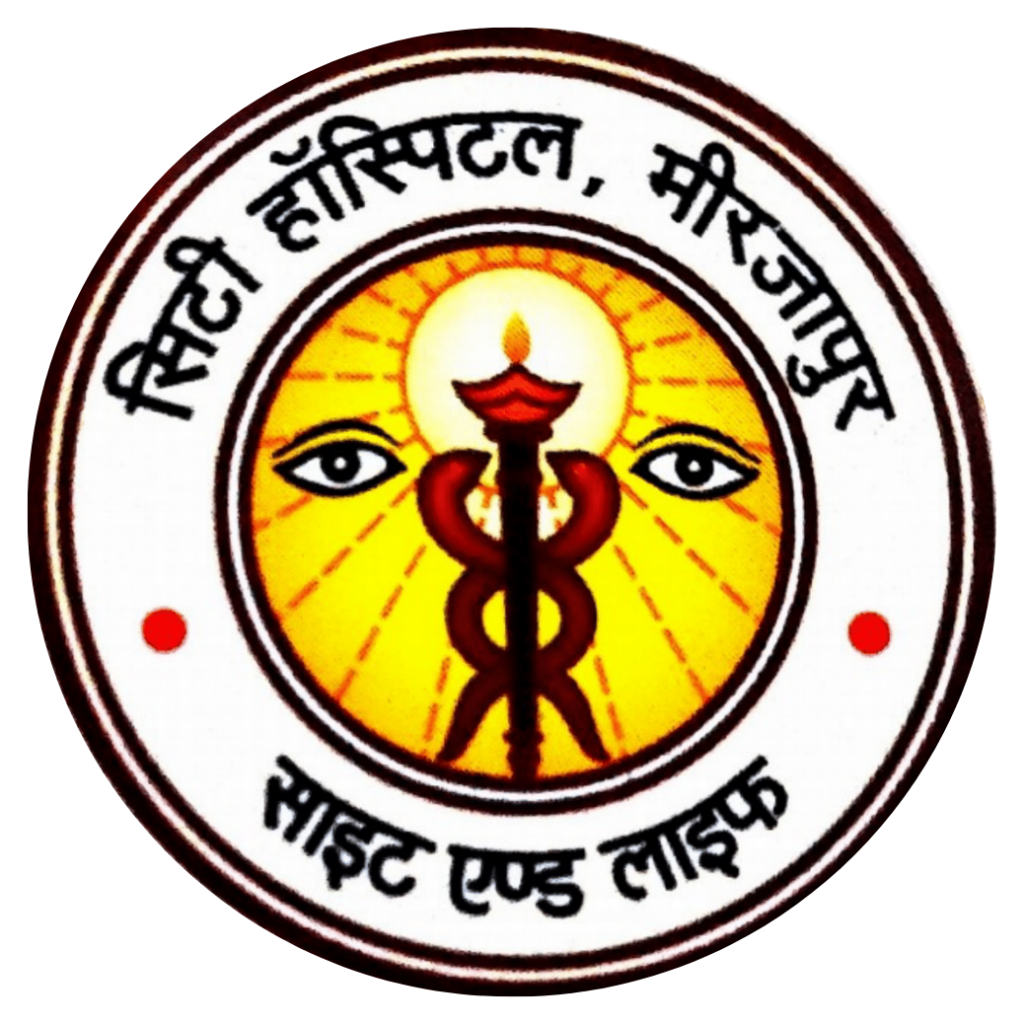Our eyes are incredibly delicate and intricate organs that play a vital role in how we experience the world. While many of us focus on maintaining good vision by wearing glasses or getting regular eye checkups, we often overlook the impact that overall health conditions can have on our eyes. In reality, several health conditions can influence our vision and eye health, often in ways we don’t immediately notice. Understanding how various health issues can affect the eyes is crucial for maintaining optimal eye health.
In this blog, we’ll explore the connection between health conditions and eye problems, why it’s important to manage your overall health, and what signs to look for. Most importantly, we’ll provide you with tips on how to protect your eyes, ensuring that they stay healthy for years to come.
1. Diabetes and Your Eyes
One of the most common conditions that can affect your eyes is diabetes. Diabetes can cause significant changes in the blood vessels of the eyes, leading to a condition called diabetic retinopathy. This condition occurs when high blood sugar levels damage the small blood vessels in the retina, leading to poor vision or even blindness if untreated.
In addition to diabetic retinopathy, people with diabetes are at higher risk for other eye problems, including:
- Cataracts: People with diabetes are more likely to develop cataracts, which causes the lens of the eye to cloud over, leading to blurry vision.
- Glaucoma: This condition, which is caused by increased pressure in the eye, can also be more common in diabetics and can lead to vision loss if not managed properly.
Tip: If you have diabetes, make sure to schedule regular eye exams to check for any changes in your vision. Early detection is key to preventing more serious eye conditions.
2. High Blood Pressure and Vision Problems
High blood pressure (hypertension) is another condition that can significantly impact your eye health. When blood pressure is consistently high, it can damage the blood vessels in your eyes, leading to hypertensive retinopathy. This condition causes changes in the retina, the light-sensitive part of the eye that sends images to the brain. It can lead to blurry vision, eye pain, and even permanent vision loss if left untreated.
Additionally, high blood pressure can increase the risk of developing glaucoma, which can damage the optic nerve over time and lead to irreversible vision loss.
Tip: Keep your blood pressure in check through a healthy diet, regular exercise, and prescribed medication to reduce the risk of eye problems.
3. Autoimmune Conditions and Dry Eyes
Autoimmune diseases, such as rheumatoid arthritis, lupus, and Sjogren’s syndrome, can cause the immune system to attack healthy cells in the body, including those in the eyes. One common symptom of these diseases is dry eye syndrome, where the eyes do not produce enough tears, leading to irritation, redness, and blurred vision.
People with autoimmune conditions may also experience inflammation in the eyes, leading to pain, light sensitivity, and discomfort. If left untreated, this can lead to more severe complications, such as corneal damage.
Tip: If you have an autoimmune condition, be sure to stay on top of your treatments and consult an eye doctor if you experience persistent dryness, redness, or discomfort in your eyes.
4. Thyroid Disorders and Eye Health
Hyperthyroidism (overactive thyroid) and hypothyroidism (underactive thyroid) can both cause significant changes in your eyes. One of the most common conditions linked to thyroid disease is Graves’ disease, which causes the eyes to become bulging, red, and irritated. This condition, known as thyroid eye disease (TED), can also cause double vision, difficulty closing the eyelids, and severe eye pain.
Additionally, both hyperthyroidism and hypothyroidism can lead to dry eyes, eye fatigue, and a feeling of grittiness or heaviness in the eyes.
Tip: If you have thyroid disease, make sure to get regular eye checkups to detect any changes or complications related to your eyes.
5. Migraines and Visual Disturbances
If you’ve ever experienced a migraine, you may be familiar with the visual disturbances that can accompany the pain. These disturbances are often referred to as aura and can include flashing lights, zigzag lines, or blind spots. Although these visual symptoms typically subside once the migraine passes, they can be unsettling and are a sign that the migraine is affecting the visual centers of your brain.
In some cases, chronic migraines can also increase the risk of developing glaucoma or other eye-related issues over time.
Tip: If you suffer from migraines, keeping a migraine diary to track triggers, symptoms, and treatments can help you manage the condition and prevent visual disturbances.
6. Chronic Infections and Eye Inflammation
Chronic infections, such as sinusitis, allergies, or blepharitis, can also cause inflammation in the eyes. Sinusitis and allergies often lead to redness, watery eyes, and a feeling of pressure around the eyes, while blepharitis causes inflammation along the eyelid margins, leading to irritation, crusting, and redness.
These conditions may not seem directly related to eye health, but they can contribute to discomfort and potentially cause long-term eye problems if left untreated.
Tip: Managing allergies and other chronic infections can help reduce eye irritation. If you have persistent symptoms, be sure to consult your doctor for appropriate treatment.
7. Age-Related Eye Issues
As we age, our eyes undergo natural changes. Conditions such as cataracts, macular degeneration, and presbyopia (difficulty focusing on close objects) become more common with age. While these conditions are not directly caused by other health problems, they are more likely to occur in individuals who have chronic health conditions like diabetes or high blood pressure.
Tip: Annual eye exams are crucial as you age to catch age-related vision problems early and take preventive steps to protect your eye health.
8. Infections and Eye Health
Infections, such as conjunctivitis (pink eye), corneal ulcers, or eye herpes, can cause a variety of issues, from irritation to more severe complications like vision loss. People with weakened immune systems, such as those with HIV/AIDS or undergoing chemotherapy, may be at higher risk for eye infections.
Tip: Be sure to practice good hygiene, avoid touching your eyes, and seek prompt treatment if you notice any signs of infection.
Conclusion: Protect Your Eye Health
Our eyes are a reflection of our overall health, and the state of our general well-being can have a significant impact on our vision. Many common health conditions can affect the eyes, leading to discomfort, vision loss, and other serious problems. The best way to protect your eye health is to maintain regular checkups, manage chronic conditions, and take proactive steps to care for your eyes.
If you’re experiencing any vision changes or eye-related discomfort, it’s crucial to consult with an eye care professional. Early detection and treatment can prevent further complications and preserve your vision for the future.
Don’t wait until your eye health suffers. Schedule a comprehensive eye exam today and take control of your vision. Contact us now to book an appointment with our experienced eye care specialists and ensure your eyes stay healthy and vibrant!


